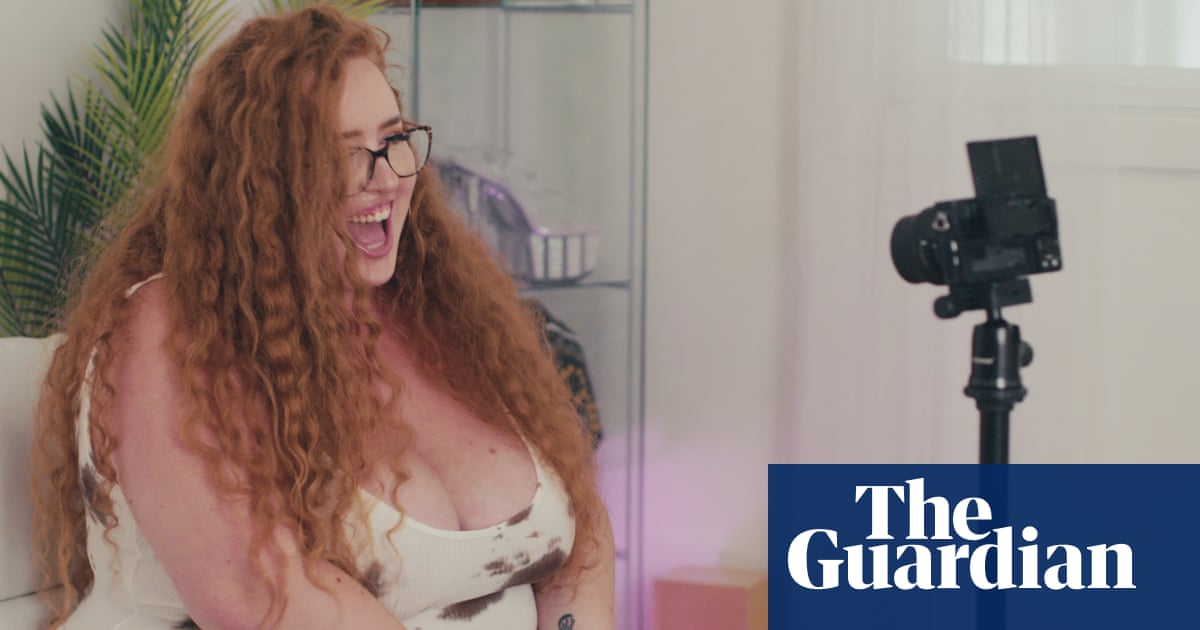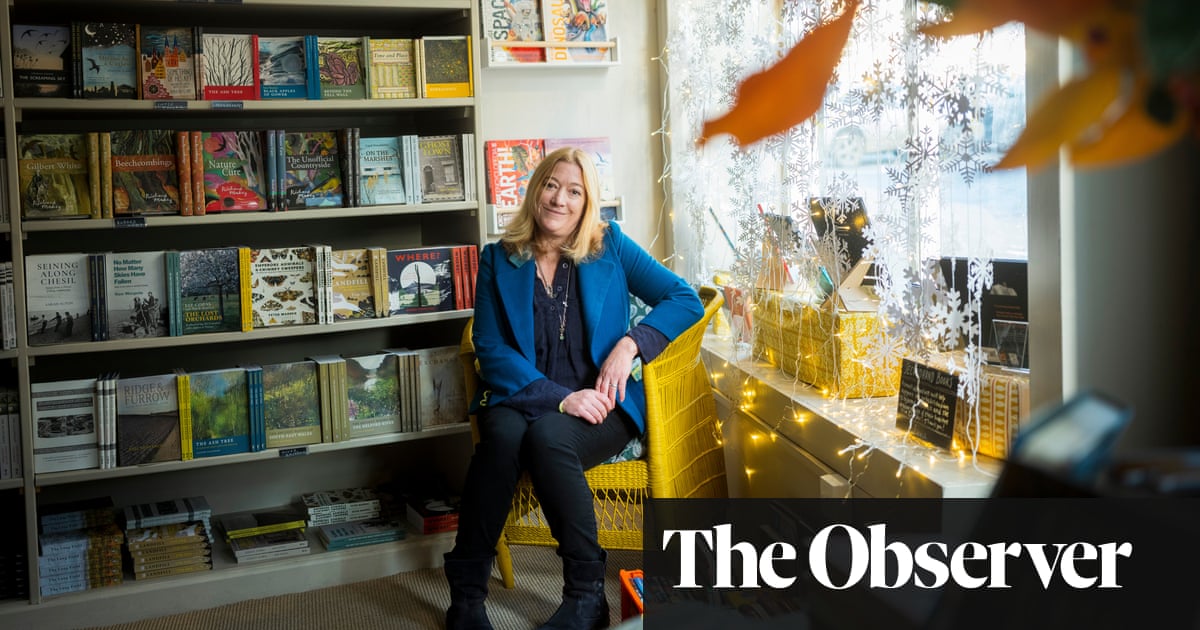
Iam sitting in a bar in Southampton with an “incel” – meaning involuntarily celibate – who has never had a proper conversation with an adult woman other than his mum. “How do you feel about the idea of talking to a lady?” I ask him. “I think there might be a little bit of a safety concern,” he says, “in the sense of false rape charges. From what I read on the internet, it’s unsafe to even be in the same room as a woman without a third party.” He tells me that if he approaches a woman, she may start beating herself to falsely accuse him of “domestic abuse or assault”.
I’ve spent a year inside the incel community in the UK and abroad – a world of loneliness, isolation and extreme misogyny – for a TV programme. It could be the most depressing documentary I’ve ever made and there are a fair few contenders.
Like crabs in a barrel, angry, young, virgin men brainwash each other with an ideology that tells them that only extremely good-looking men have any success with women and life, and that if you don’t fit that criteria, women will not only ignore you, but set out to destroy you. It encourages anyone who doesn’t have the right jaw shape, who isn’t tall enough or who isn’t a “Chad” (a highly attractive male) to give up. It also points them to one ultimate enemy: women.
Lonely teens who aren’t naturally sociable, or who aren’t good at sports or popular, use the internet to find their community. You know this already, you’ve seen people do it. You’ve probably replaced real-life interaction with a digital interaction more times than you’d care to admit. But the incel world takes it further – and it radicalises young men.
It’s a world in which the separation between the physical and virtual is nonexistent. Where people’s entire social circles are anonymous users on the other side of the planet and users see themselves as mole people, too ugly to ever be loved, too strange to ever be cared for. They bond over the idea that they are biologically different from “normies”. They become addicted to hopelessness.
The ideology is called “the black pill”. It’s a nihilistic conspiracy theory that references the blue and red pill dilemma from the Matrix films. Once you’ve taken the pill, you can never return. The conspiracy convinces its followers that looks are everything and that women are uncontrollably attracted to good-looking men and repulsed by all others. If you are not attractive, your options are violence or suicide.
This has led to mass shootings and killings around the world. Elliot Rodger killed six people in Santa Barbara, California, in May 2014. He recorded a video before the attack, detailing his inspiration: the women who had ignored him. In the UK, Jake Davison, a young man from Plymouth who was known to spend his time on incel forums, killed five people in 12 minutes in August 2021, including his own mother.
“If you look at a lot of mass murderers and serial killers, they were mostly lonely men who were outcast from society,” an incel named Tuna tells me while sitting by a canal in Camden, London. “I’ll be honest, I’ve entertained the idea of shooting a place up,” he says.
Consistently throughout the making of the documentary, I found myself speechless. Like when I found out incels were hammering their own faces to try to rearrange their jawlines in a process called “looksmaxxing”. Or when I met a female incel, a “femcel”, who told me that she spent her days watching “gore” videos (showing people being horrifically murdered and tortured). She told me that doing this made her “more empathic”. Her story represents the growth of the problem. It pulled in the very people who suffered the most from it: women.
Every person I met on this unusual journey empathised with those who had gone on to violence. They said they understood what it felt like to be repeatedly rejected and excluded, and some seemed to be attracted to the attention that comes with violence. In the violent world of incels, there’s not much hope. The ideology itself is anti-hope; it pushes its hundreds of thousands of young followers into a state of despair. Many of the people I encountered while making this film had decided their only option was suicide. The creators of one of the most popular incel sites had even created a pro-suicide website for that very cause.
But I also met someone who proved there is some hope that incels can be brought back from the brink. We filmed with a man called D numerous times and saw him make a radical U-turn. After spending time with us and speaking to a woman for the first time, he concluded that “the internet doesn’t have all the answers. The internet can’t predict everything … You have to go out there and see life for yourself.”
D described the incel movement as “more of a hope crisis than anything. People want people. They want to feel connected; they want to feel part of something bigger than themselves.” Kaitlyn Regehr, associate professor of digital humanities at University College London, told us that “incel terminology and culture” is becoming “much more popular” – and it’s creating a “more generalised misogyny”. She speaks of a normalisation that means the extreme content of the forums is moving “off screens and on to streets”.
By the end of making the documentary, I felt a real sense of sadness. Many of our interviewees were clearly depressed and severely lonely. But I also felt fear for where they would end up if they didn’t get the help they needed. Help that would come not on internet forums, but through trained professionals in the real world.
The Secret World of Incels is on All 4.
In the UK, Samaritans can be contacted on 116 123 and the domestic abuse helpline is 0808 2000 247. Other international helplines can be found via www.befrienders.org












